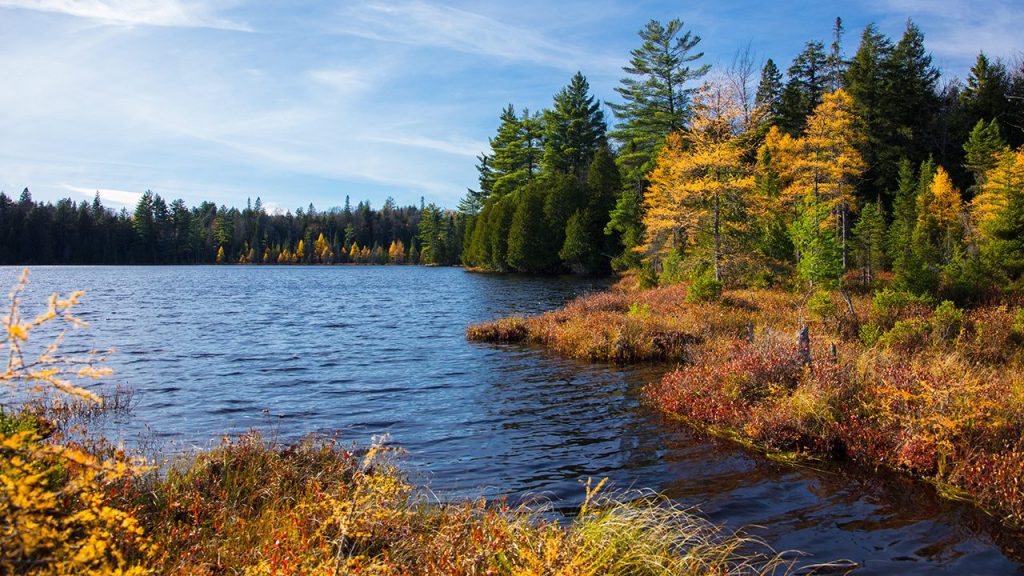Detroit Today: Why Michigan is removing slurs against Indigenous people from its landmarks
The Michigan Department of Natural Resources has removed a slur against indigenous people from more than 30 state landmarks so far.

In November 2021, Deb Haaland, United States Secretary of the Interior, officially declared the word, “squaw”, to be a derogatory term against Native American women and created a task force to formally begin removing it from federal use.
That slur — which has been used to label many Michigan lakes — has now been removed from over 30 Michigan landmarks. That includes a recent Michigan Department of Natural Resources decision to rename a boat launch in Oakland County to “Paint Lake.”
Listen: Why Michigan is removing slurs against Indigenous people from its landmarks.
Guests
Sierra Clark is a reporting specialist for Miigwech Inc, a nonprofit in Little Traverse Bay, and is Anishinaabe from the Grand Traverse Bay area. She says the removal of the slur is one of many steps that need to be taken to make Michigan inclusive for its indigenous population.
“Violence against Native American women is rooted in history,” says Clark, “and it persists through the continued portrayal of us with the example of this slur name in places (across Michigan).”
Ron Olson is the Parks and Recreation Division chief of the Michigan Department of Natural Resources. He says the department is reviewing the titles of all of Michigan’s lakes to ensure they are not offensive.
“We did analyze all the other names and entities that we have,” says Olson, “but this one (in Oakland County) was definitely one that jumped out because of the word ‘Squaw.'”
Trusted, accurate, up-to-date.
WDET strives to make our journalism accessible to everyone. As a public media institution, we maintain our journalistic integrity through independent support from readers like you. If you value WDET as your source of news, music and conversation, please make a gift today.
